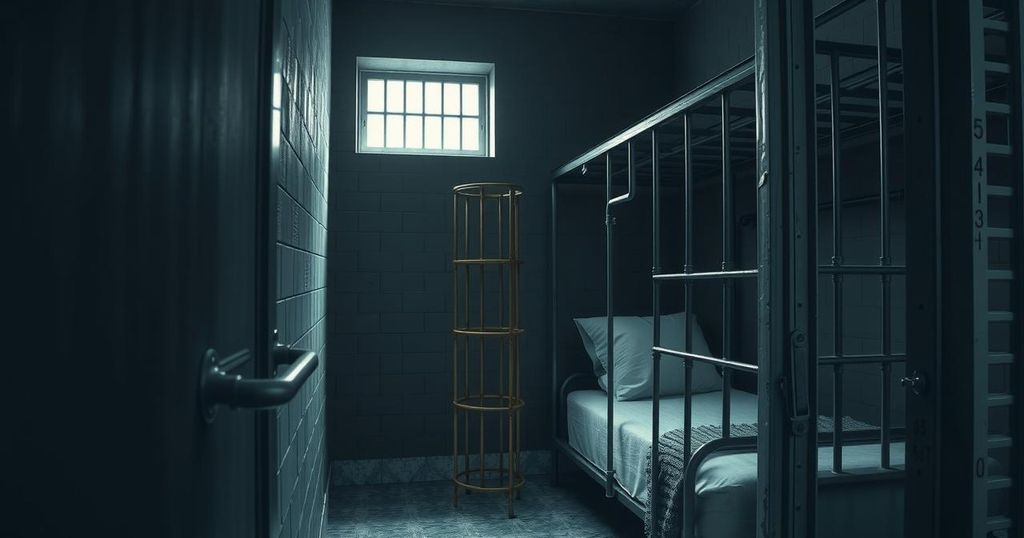The Downfall of Rodrigo Duterte: Custody and International Accountability
Rodrigo Duterte, former president of the Philippines, faces arrest due to an ICC warrant related to his anti-drug campaign. Upon returning to Manila, he was met by police and taken into custody. His political alliance with the Marcos family has faltered, leading to an investigation into his alleged human rights violations. The outcome of his trial could have significant implications for both Philippine politics and international law enforcement credibility.
Rodrigo Duterte, the former president of the Philippines, finds himself in custody as he prepares to face an arrest warrant issued by the International Criminal Court (ICC) for his controversial anti-drug campaign. His arrival in Manila from Hong Kong, where he had been campaigning for mid-term elections, was met by Philippine police, who promptly executed the warrant already in their possession. The elder statesman, appearing frail and using a walking stick, was subsequently moved to an airport air force base and readied for transport to The Hague.
Duterte’s fall from grace is striking considering his former popularity, having formed alliances with influential political families, notably the Marcoses. Though he could not run for re-election in 2022, his daughter Sara was positioned as a successor. A strategic agreement positioned Ferdinand Marcos’s son, Bongbong, for the presidency alongside Sara’s vice-presidency. This alliance was intended to secure political survival for both families but unraveled after tensions arose regarding political control and ambition.
The most significant threat to Duterte came from the ICC, which initiated an inquiry into his role in extrajudicial killings during his presidency and previous time as mayor of Davao. Despite withdrawing from ICC jurisdiction in 2019, the court maintained its authority to investigate crimes committed prior. Tensions between the Marcos and Duterte factions escalated, leading to a breakdown of their alliance, compounded by Sara Duterte’s controversial statements about her political ambitions.
As political dynamics shifted, President Ferdinand Marcos Jr. distanced his administration from Duterte’s policies, actively engaging with international relations and scaling back aggressive anti-drug rhetoric. Meanwhile, impeachment proceedings were initiated against Sara Duterte, threatening her political aspirations. This disintegration in their relationship has rendered the Duterte clan vulnerable, while Marcos appears to have initiated a strategy to diminish his former ally’s influence.
While Marcos claims compliance with international obligations regarding the ICC, he faces potential public backlash. Duterte’s strong support base remains significant, presenting risks to the current administration. In a statement, Sara Duterte condemned the government’s actions as a violation of national sovereignty and undermining her father’s legacy. The upcoming mid-term elections will serve as a critical test of both families’ political strength and influence in the highly polarized environment.
The ICC’s challenge is also substantial since it faces scrutiny and limited cooperation globally. While Duterte’s extradition could symbolize a significant enforcement of international law, tensions with other nations, particularly China, signal complex geopolitical implications surrounding this high-profile case that resonates deeply within Philippine politics.
In summary, Rodrigo Duterte’s arrest signals a pivotal moment in Philippine politics, showcasing tensions between prominent political dynasties and international legal scrutiny. Despite his previous power and popularity, internal political dynamics with the Marcos clan have shifted dramatically against him. As Duterte prepares for trial in The Hague, the overarching implications entail both domestic political ramifications and the ICC’s credibility on the global stage.
Original Source: www.bbc.com




Post Comment